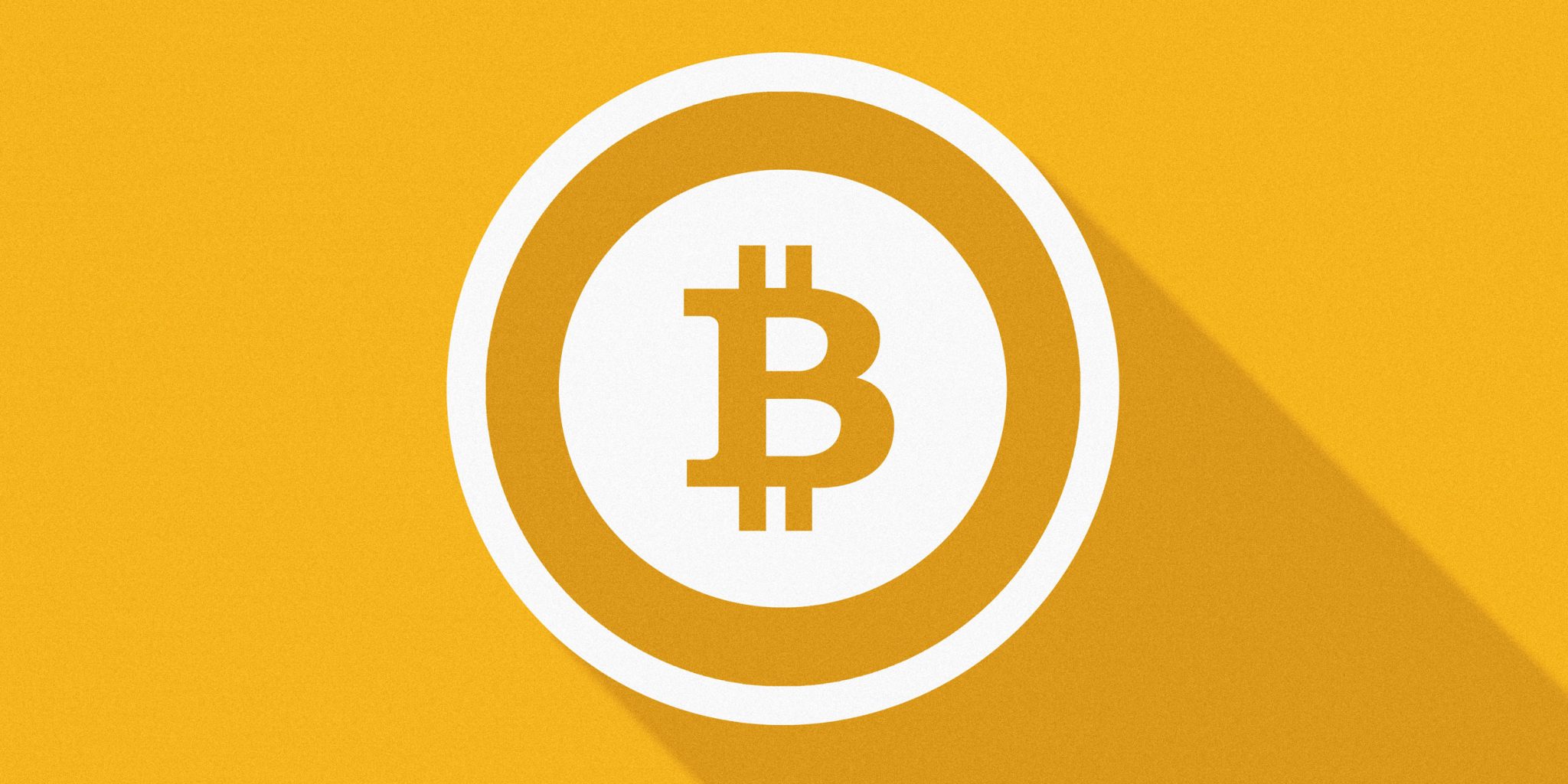Bitcoin is a new kind of money that can be sent from one person to another without the need for a trusted third party such as a bank or other financial institution; it is the first global, decentralized currency.
What is Bitcoin, the technology?
Bitcoin was originally released in 2009 by Satoshi Nakamoto as a piece of software and a paper describing how it works. Because Bitcoin is fundamentally software, anybody can run it on their computer, and therefore participate in a global economy.
One of the most important elements of Bitcoin is the blockchain, which tracks who owns what, similar to how a bank tracks assets. What sets the Bitcoin blockchain apart from a bank’s ledger is that it is distributed, meaning anyone can view it. Since Bitcoin is open, no company, country, or third party is in control of it, and anyone can participate.
What is bitcoin, the currency?
One can use bitcoins to purchase goods on the internet and in stores. The following are some unique properties of Bitcoin:
- Bitcoin is global: Bitcoins can be sent to someone across the world as easily as one can pass cash across the counter. Bitcoin isn’t closed on weekends and doesn’t impose any arbitrary limits.
- Bitcoin is irreversible: Bitcoin is like cash in that transactions cannot be reversed by the sender. In comparison, credit card, popular online payment systems, and banking transactions can be reversed after the payment has been made – sometimes months after the initial transaction.
- Bitcoin fees are cheap: Bitcoin transaction fees are usually negligible. Currently, they range from half of a cent USD to 5 cents USD, for a bitcoin transaction of any size. This is significant to merchants, who are used to paying ~2-3% with credit cards (and passing these fees on to their customers), and great for everybody who is accustomed to paying $2 – $5 to withdraw cash from an ATM.
- Bitcoin is private: When paying with bitcoins, there are no bank statements, and one need not provide unnecessary personal information to the merchant. Bitcoin transactions do not contain any identifying information other than the bitcoin addresses and amounts involved.
- Bitcoin is secure: Due to the cryptographic nature of the Bitcoin network, Bitcoin payments are fundamentally more secure than standard debit/credit card transactions. When making a Bitcoin payment, no sensitive information is required to be sent over the internet. There is very low risk of your financial information being compromised, or having your identity stolen.
- Bitcoin is open: Every transaction on the Bitcoin network is published publicly, without exception. This means there’s no room for manipulation of transactions, changing the money supply, or adjusting the rules mid-game. The software that constitutes the core of Bitcoin is free and open-source so anyone can review the code.
Sign up and earn $10 of free bitcoin!








